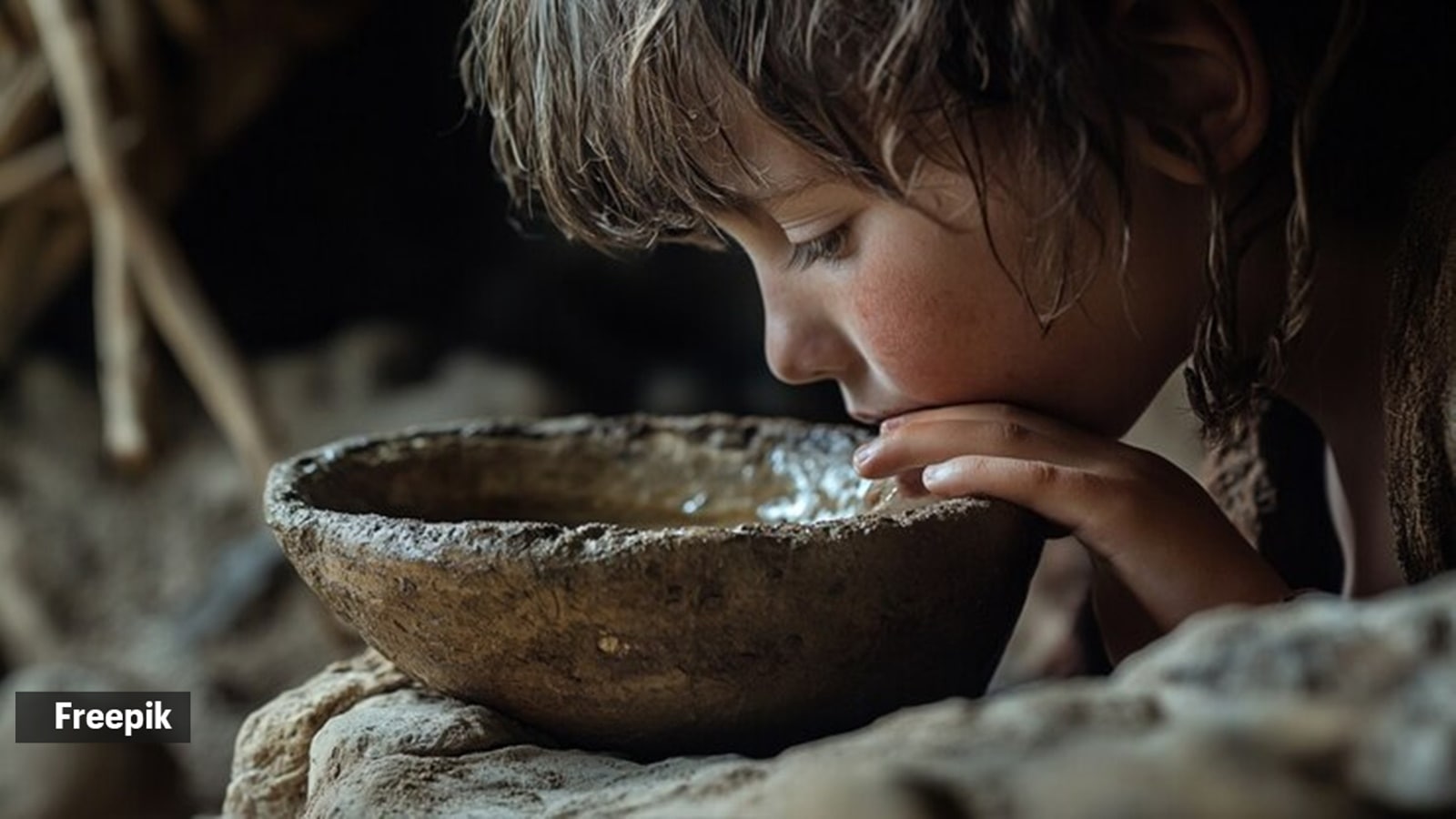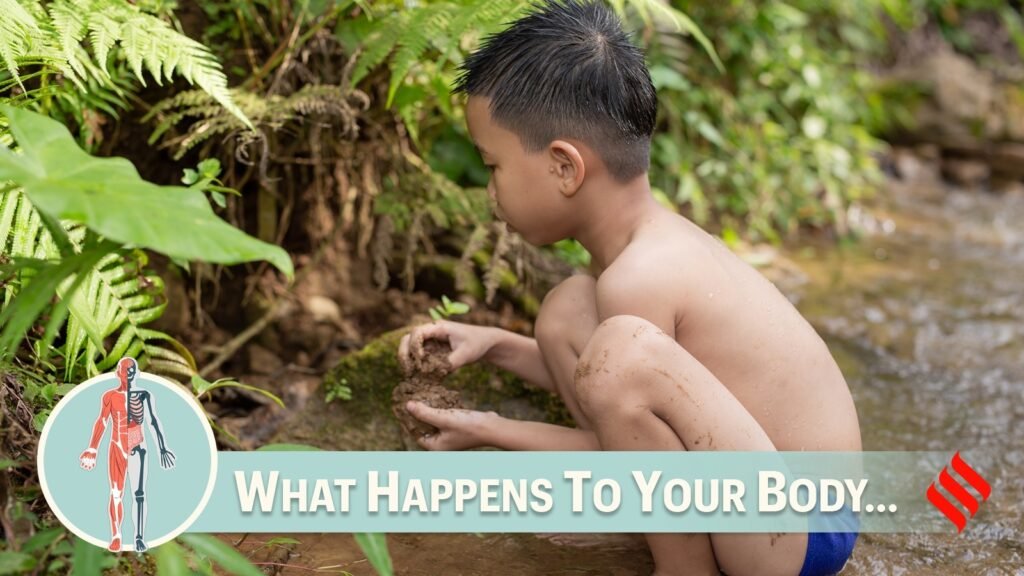Children love playing outdoors, and their curious minds are always fascinated by nature’s offerings rich in colours and textures. As such, putting a handful of soil or mud inside their mouth is not the most uncommon thing you must have heard. But what exactly happens when children accidentally eat mud? Indianexpress.com spoke to a health expert and got more clarity.
Dr Srinivasa Murthy C L, Lead Paediatrics, Consultant – Paediatrics and Neonatology, Aster Whitefield Hospital, Bengaluru said that when kids eat dirt by accident, firstly, their body may try to handle the foreign substance and as a result, it may trigger some mild disturbances in the stomach such as slight vomiting or nausea. The body’s immune system may provoke vomiting or diarrhoea in an effort to cleanse the body of the mud ingested.
Most children, in such cases, tend to not have any serious issues, but he added that there is always a potential risk of digesting bacteria, parasites or even toxins, which can pose serious health problems. Parents ought to keep an eye on any symptoms that do not resolve and seek medical assistance immediately.
Can it improve their immunity?
Dr Murthy said that there is the possibility that ingesting some dirt or mud may play a role in bolstering a child’s immune system. This concept is known as hygiene hypothesis. It leans towards the notion that the immune system can sport a better balance from getting stimulated by early exposure to microbes.
 Keep your kid from ingesting mud. (Source: Freepik)
Keep your kid from ingesting mud. (Source: Freepik)
“Due to the natural exposure of a child to these foreign agents, the child’s immunity learns to distinguish good agents from the bad ones. This helps the child to prevent developing any allergic reactions or autoimmune diseases in the later stage of their lives,” he explained.
What are the health risks associated with it?
The health risks associated with unintentional consumption of mud differ, depending on the soil type and the degree of its contamination. “One of the risks that poses serious health effects is ingesting pathogenic microbes such as E. Coli or Salmonella, which cause gastrointestinal infections. Apart from various bacteria, Giardia, a parasite, that is present in mud may result in some digestive complications and loss of water from the body,” said Dr Murthy.
The soil may also contain chemicals such as pesticides, heavy metals as well as harmful material from factories, leading to further chronic health hazards. Some sensitive children may even experience allergic reactions to the agents present in soil.
Story continues below this ad
In fact, he mentioned that natural soil exposure may positively enhance a child’s immune system. However, parents should be vigilant to restrict the amount ingested by their children and make sure that they do not go to extremely polluted places, as over or frequent consumption of such materials may have adverse health effects. He put emphasis on practicing moderation, because overconsumption of mud or dirt can be risky.
DISCLAIMER: This article is based on information from the public domain and/or the experts we spoke to. Always consult your health practitioner before starting any routine.

